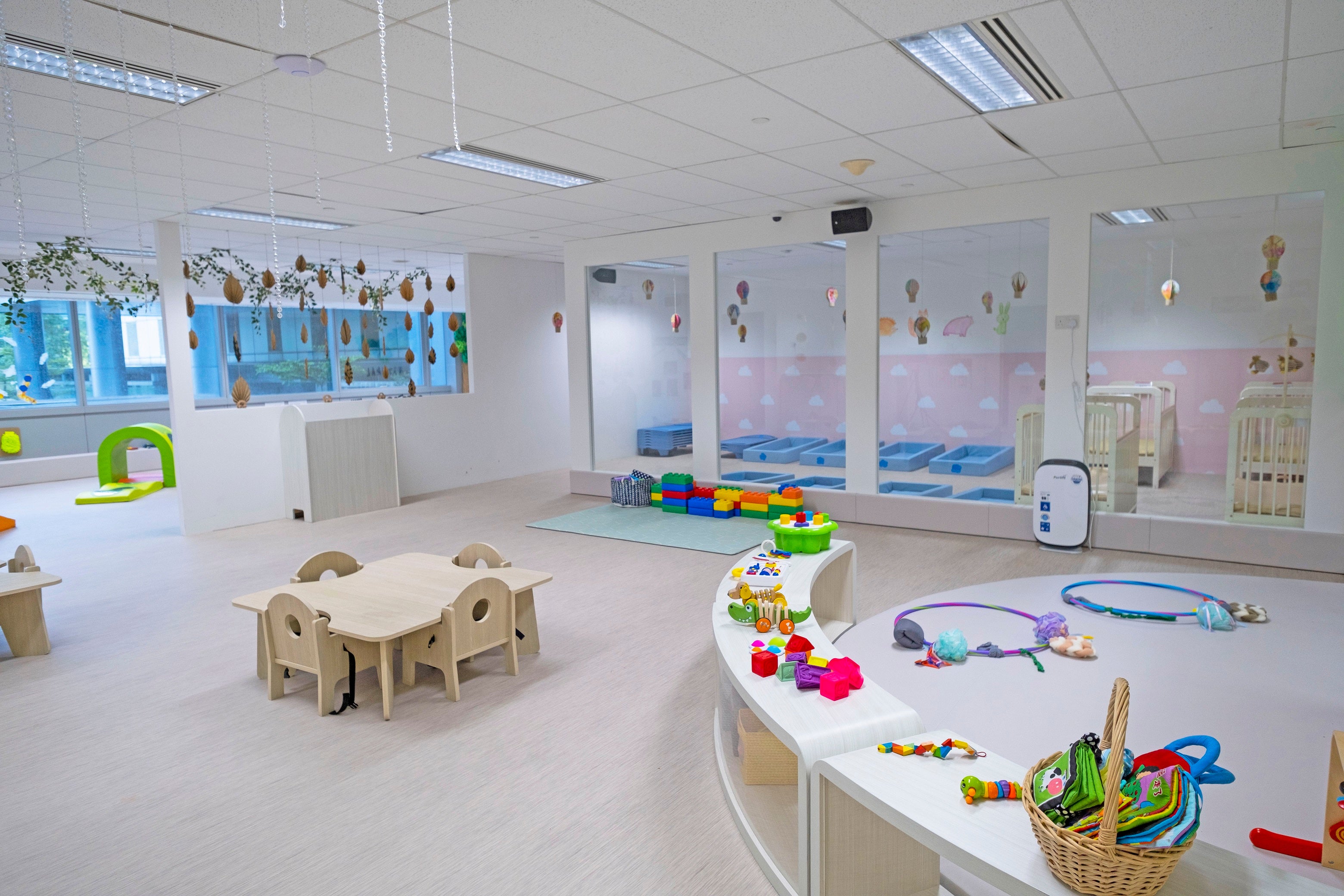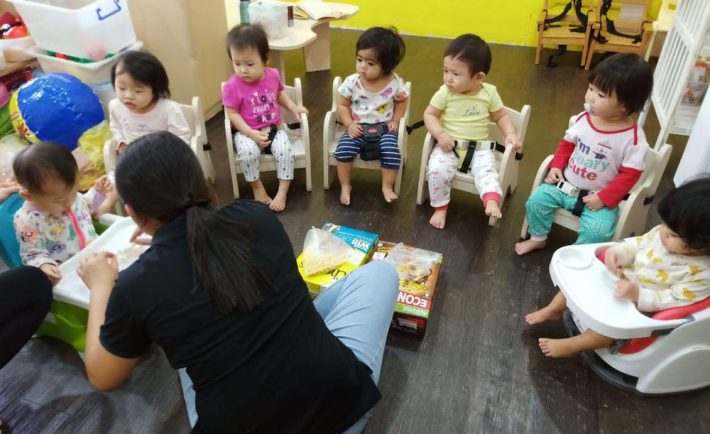When it comes to deciding whether or not to send your child to an infant care/playgroup, the options can feel endless.
Hopefully, this article will help you make an informed decision that works best for your family.
Benefits of infant care/playgroup
Spending time in a preschool allows your little ones to interact with adults and peers, which helps to increase their social skills.
Kindergartens also offer a structured environment that helps children learn and grow. They provide a safe place for kids to explore and learn about the world around them.
In addition, children who attend school have stronger immune systems, which makes infant care/playgroup an attractive option for parents who are looking for a place to care for their kids while they work.
Caregiver-child ratio in infant care/playgroup
One of the most crucial factors to consider is the caregiver-child ratio. This is the number of children each caregiver is responsible for.
Ideally, the caregiver-child ratio in infant care should be 1:5 and 1:8 for playgroups. This allows for enough one-on-one time with each child and ensures that they’re getting the attention they need.
However, some facilities may have a higher or lower ratio. Make sure to ask about this before you enroll your child.
Common concerns about infant care/playgroup

Image Credits: bykido.com
Is sending your child to an infant care/playgroup the right decision for your family? Here are some questions to consider:
- What are the daycare hours like?
- Do the facilities look safe for children?
- How often are meals and snacks provided?
- What is the cost of care, and are there any discounts for siblings?
- Are parents allowed to visit at any time, or is there a specific window during which visits are welcome?
- How often do parents receive updates about their child’s day, and what methods are used to send these updates (app, website, emails, or a handbook)?
Importance of bonding with parents in early childhood
You might be wondering about the significance of bonding with your child in their early life.
And it’s a valid question—after all, you’re considering sending them to infant care, so it’s natural to want to know if there are any benefits to being around them more often during this crucial time.
Bonding with your child releases hormones and chemicals that foster brain growth. So yes, bonding with your child is important for their development. But that doesn’t mean you have to be with them 24/7.
So, what’s the verdict? Is infant care/playgroup necessary or can parents care for their child at home effectively? Well, it depends. Some parents feel they need a break from the constant caregiving that infant care/playgroup provides, and others find that the arrangement allows them to get work done during the day. Some parents find that infant care provides their child with a wealth of social opportunities, while others find that their child thrives best when they are at home. Ultimately, the decision comes down to what works best for the individual family and your financial leeway.





